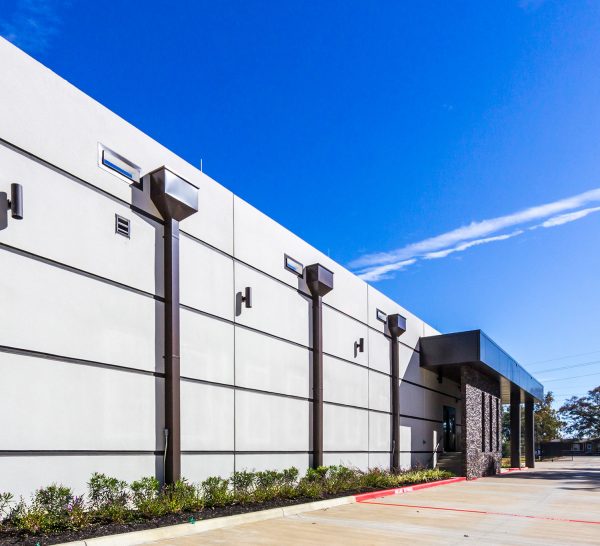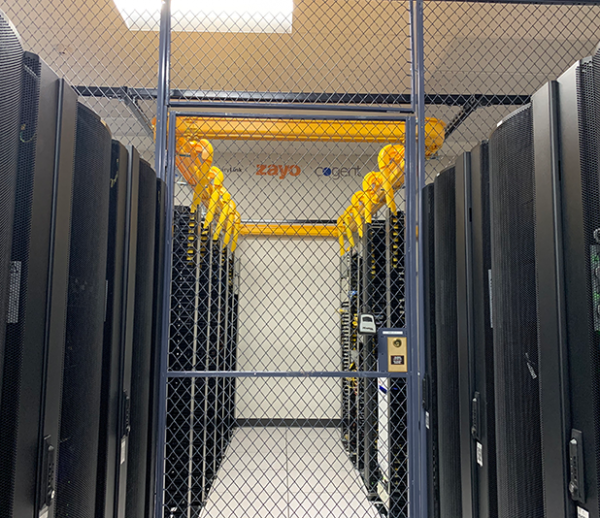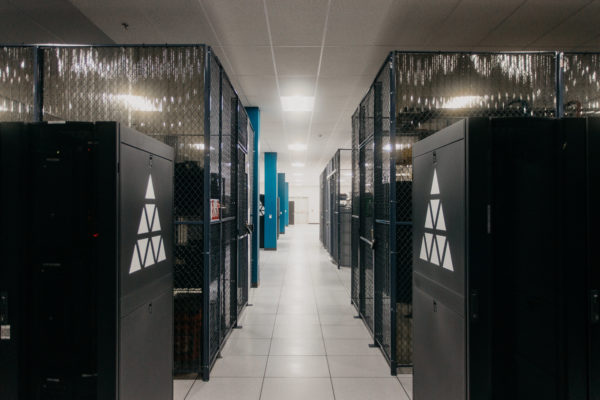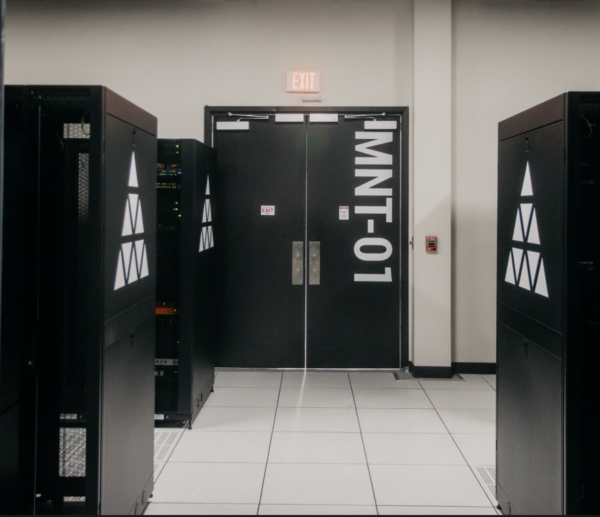Ever wondered how your favorite websites load instantly or why streaming services rarely buffer?
Behind this smooth experience lies the magic of an Internet Exchange (IX). An IX is essentially a physical hub where internet providers, content networks, and tech companies connect their networks directly.
Think of it like a bustling marketplace where digital data seamlessly trades hands, cutting out unnecessary middlemen and boosting speed.
In this article, we’ll demystify exactly how Internet Exchanges operate, why they’re crucial for today’s digital ecosystem, and how they significantly enhance your online experience, making the internet faster, cheaper, and more efficient for everyone.
What is Internet Exchange?
An internet exchange is a physical connection point that provides access to data and routes traffic.
Instead of doing the latter through multiple third-party networks, IXs create direct exchange points for networks to interconnect, resulting in lower latency, reliability, and costs.
These IXPs are key to the smooth functioning of the global internet; they play a critical role in ensuring that data travels efficiently across networks, improving the experience for businesses and consumers.
How Do Internet Exchanges Work?
An IXP is a common meeting point for networks to peer (interconnect) directly with one another. When two networks want to exchange data, instead of routing through a third party, they connect via the IXP.
Each organization that connects to an IXP sets up a Border Gateway Protocol (BGP) session with other participants. The protocol allows each network to advertise the IP addresses it controls and determine the best routing path when peering.
A cross connect is the physical link that connects equipment to the IXP’s switch fabric. These dedicated physical connections ensure efficient, low-latency communication between members.
Many IXPs operate within colocation facilities, making organizations that provide colocation services especially valuable for providing cross-connect opportunities and promoting better internet reliability globally.
Why Are Internet Exchanges Important?
Internet exchanges are essential for multiple reasons, chief among these being the fact that they promote the following:
- Improved Performance: By peering directly, networks can avoid unnecessary hops and reduce latency and jitter
- Reduced Costs: As opposed to paying upstream providers for every bit of traffic exchanged, peering allows networks to move data cost-effectively
- Increased Resilience: Direct connections allow for better control and redundancy in routing paths, enhancing the reliability of the internet
- Enhanced Control: Network operators maintain better oversight over routing decisions and traffic flow
Joining an IXP can be great if your organization is already using (or at least exploring) colocation services. TRG Datacenters offers free cross connects to help customers optimize their connectivity within our facilities.
Who Uses Internet Exchanges?
A wide range of organizations use IXPs, including the following:
- ISPs: To efficiently exchange traffic with other providers and reduce upstream bandwidth costs
- CDNs: To distribute content closer to end-users, decreasing load times
- Cloud Service Providers: To offer seamless access to cloud resources
- Large Enterprises: To provide secure, cost-effective connections to partners and service providers
- Government Agencies and Research Institutions: To support high-performance computing and large-scale data transfers
These groups benefit from the predictable and scalable connectivity that IXPs provide, particularly when colocated within the same data centers.
If you think your organization could benefit from an IX, the first step is to find the right partner to assist with your colocation and cross-connect setup.
Peering vs. Transit: What’s the Difference?
Peering and transit are the two primary methods by which networks exchange traffic, and though they are similar, they are not the same.
Peering is a mutual agreement between networks to exchange traffic directly. Both parties typically exchange traffic without charging one another, but the agreement can be structured in whatever manner best fits each business’s needs. The process is completed through IXPs and provides perks for both parties.
Transit, in contrast, directly involves paying a network to carry its traffic to the broader internet. Transit providers offer access to all internet destinations, whereas peering may be limited.
How They Interact in an IXP Context
At an IXP, most members establish peering relationships; however, some large networks or carriers may also offer transit services to other participants.
Major Internet Exchange Points Around the World
IXs span the globe and create a web of interconnectivity across continents. In North America alone, some of the most prominent IXPs include the following:
- Equinix Internet Exchange
- DE-CIX New York
- Seattle Internet Exchange
Europe has some of the most versatile and essential IXPs in the world, such as:
- DE-CIX Frankfurt
- London Internet Exchange (LINX)
- Amsterdam Internet Exchange (AMS-IX)
Each of these platforms facilitates network connectivity throughout the continent and across the world.
Benefits of Connecting to an IXP
Connecting to an IXP can offer significant advantages for your organization, as well as other parties involved in the exchange.
Some of these key benefits are as follows:
- Faster Data Transfers: Localizing your traffic means quicker access to data and resources
- Reduced Latency: Fewer routing hops directly translate to improved user experiences
- Cost Efficiency: A lowered reliance on upstream providers results in financial savings
- Redundancy: Access to multiple networks allows for failover and high availability
If you’re not sure whether connecting to an IXP is the best move for your business, consider speaking with a colocation services provider that offers cross-connects. In doing so, you can explore the various benefits (and potential costs) of IXPs to make an informed decision.
Challenges and Limitations of IXPs
Despite their advantages, IXPs are not without their drawbacks. Some of the biggest potential flaws you need to be aware of include the following:
- Limited Reach: Peering at an IXP only provides access to members, not the entire internet
- Capacity Constraints: High traffic volumes can strain IXP infrastructure if not scaled properly
- Complexity: Managing BGP sessions and routing policies can become technologically complex as peering relationships grow
Nevertheless, the benefits outweigh these limitations for most data center clients seeking colocation services. The key is to find the right data center solutions provider and cost-effective cross connect opportunities.
The Future of Internet Exchanges
The role of IXPs is only set to grow. The rapid expansion of things like cloud computing, edge computing, and 5G networks is fueling an increase in internet traffic. Providers want to accommodate that increasing demand by providing better, faster, and more stable connections.
Edge IXPs, in particular, represent a key trend that is shaping the future of IXPs. These smaller, distributed points are closer to end users, which can reduce latency even further.
Automation and artificial intelligence are also allowing providers to simplify the management of BGP routes and peering arrangements, which in turn is encouraging the continued adoption of IXPs. Additionally, developing regions in South America, Africa, and Southeast Asia are building more IXPs to improve local internet access.
TRG Datacenters is doing its part to promote better interconnectivity and reliability by offering free cross connects. While most providers charge for these, TRG believes that providing free connection opportunities will create a better internet experience for everyone.
Learn More About IXPs
IXs are crucial for organizations looking to improve network performance, reduce costs, and increase data control. If your organization is exploring its connectivity options, our team is here to help. TRG Datacenters offers colocation services, free cross connects, and expert support.
Contact us today to learn more about colocation for data centers and see how we support direct access to IXPs and other critical connectivity solutions.







